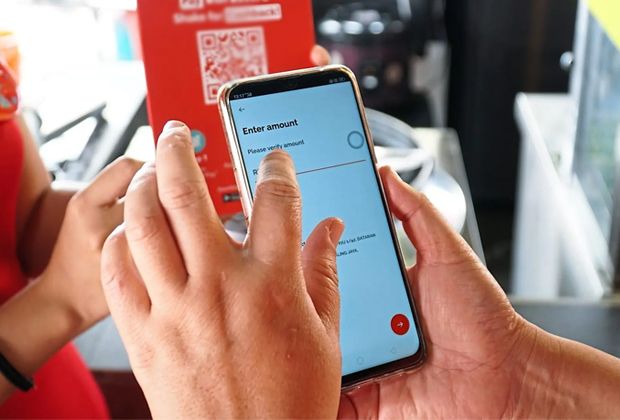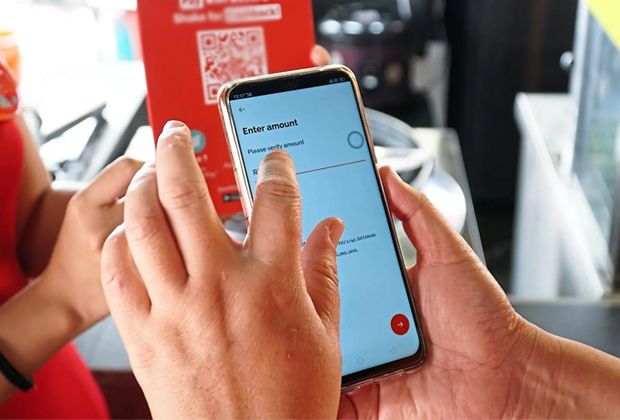
PETALING JAYA: When Adam Leong, 34, ran out of cash while purchasing at a convenience store in Jakarta, he began to panic.
He then tried his luck and asked if it was possible to make a payment through his e-wallet account.
“I scanned the code, and the payment went through. Since then, I’ve never looked back.
“I only carry minimum amounts of cash during my overseas travels and rely heavily on e-wallet and bank cards for transactions,” he said.
Leong is just one of the many Malaysians who have shifted away from physical currency and adopted digital transactions as their preferred mode of payment abroad.
“We foresee this trend continuing to strengthen over the next few years.
“Malaysians are increasingly digital-first in their payment behaviour, especially among younger and urban travellers,” said RHB Banking Group’s Jeffrey Ng Eow Oo.
The managing director of Group Community Banking anticipates that this trend will continue to accelerate among Malaysian travellers.
“Destinations like Japan, South Korea and Southeast Asia have become especially popular, and their local payment infrastructure supports this trend,” he said, adding that as of mid-2025, more than 100,000 of their cards supporting this purpose have been issued locally.
“The top currencies used include the Euro, Pound Sterling, Australian Dollar, Japanese Yen, and US Dollar,” he said, adding that spending on this card was 2.4 times higher last year compared to 2022.
“As a bank, we see this not just as a product trend but as part of a broader shift in cross-border financial behaviour,” he said.
Previously, Wise senior product manager Yee Won Nyon stated that Malaysia was now the company’s fastest-growing market in the Asia Pacific region, with active users increasing by 80% year-over-year in the financial year ending March 31, 2025.
She said Wise card usage continued to grow, with the number of cards issued in Malaysia rising by nearly 30% over the past financial year.
She said Japan currently tops the list of travel destinations among Malaysian users, with yen balances rising 35% year-on-year, followed by significant spending in the United States, Indonesia, China, Australia and various European countries.
TNG digital chief executive officer Alan Ni said the shift from cash to cashless payments was evident in both domestic and international travel.
He added that cross-border payments were the company’s fastest-growing business segment.
Ni said partnerships with PayNet’s national QR network, Alipay+ network, as well as Touch ‘n Go eWallet Visa card, led to a 360% increase in users’ average monthly overseas spending between 2023 and 2025.
“Today, we handle over RM300mil in cross-border payments every month,” he said, adding that the shift from cash to cashless was still at its early stages.
“This means there’s still significant room for cashless growth,” he said previously.






